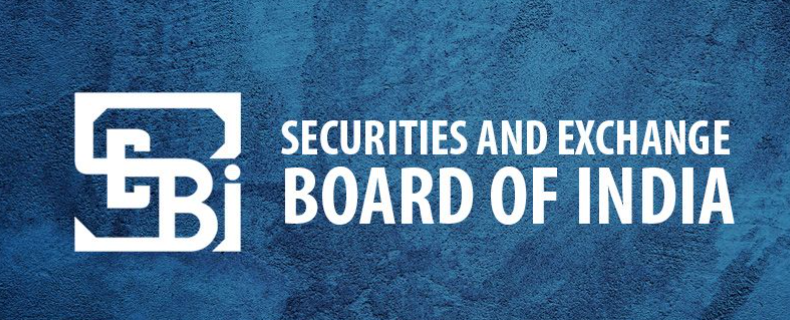Securities and Exchanges Board of India (SEBI)
The Securities and Exchange Board of India (SEBI) is the regulatory body for the securities and commodity market in India, established under the Securities and Exchange Board of India Act, 1992. Its primary function is to protect the interests of investors in securities and to promote and regulate the development of the securities market in India.
History
SEBI was first established as a non-statutory body in 1988 through a resolution of the Government of India. It became a statutory body in 1992 with the passing of the Securities and Exchange Board of India Act. Over the years, SEBI’s powers and responsibilities have expanded to cover various aspects of the securities and commodity market.
Objectives and Functions
The main objectives and functions of SEBI are:
- Protecting the interests of investors in securities.
- Promoting the development of the securities market.
- Regulating the business in stock exchanges and other securities markets.
- Preventing fraudulent and unfair trade practices in the securities market.
- Regulating substantial acquisition of shares and takeovers of companies.
- Registering and regulating the working of intermediaries in the securities market, such as brokers, sub-brokers, share transfer agents, bankers to an issue, trustees of trust deeds, registrars to an issue, merchant bankers, underwriters, portfolio managers, investment advisers, and other associated persons.
Organizational Structure
SEBI is governed by a board consisting of a chairman and several other members, including representatives from the Ministry of Finance, the Reserve Bank of India, and other stakeholders in the securities market. The board is responsible for policy decisions and the overall administration of SEBI.
SEBI has several departments and committees to carry out its various functions, such as:
- Department of Economic and Policy Analysis
- Department of Debt and Hybrid Securities
- Department of Corporate Finance
- Department of Investment Management
- Department of Supervision and Enforcement
- Department of Legal Affairs
- Department of Information Technology
Regulations and Guidelines
SEBI has issued several regulations and guidelines to govern various aspects of the securities and commodity market, such as:
- SEBI (Listing Obligations and Disclosure Requirements) Regulations, 2015
- SEBI (Substantial Acquisition of Shares and Takeovers) Regulations, 2011
- SEBI (Prohibition of Insider Trading) Regulations, 2015
- SEBI (Issue of Capital and Disclosure Requirements) Regulations, 2018
- SEBI (Mutual Funds) Regulations, 1996
- SEBI (Portfolio Managers) Regulations, 2020
- SEBI (Alternative Investment Funds) Regulations, 2012
- SEBI (Stock Brokers and Sub-Brokers) Regulations, 1992
These regulations and guidelines aim to ensure transparency, fairness, and integrity in the securities and commodity market.
Investor Protection and Education
One of the primary objectives of SEBI is to protect the interests of investors in securities. To this end, SEBI has taken several measures, such as:
- Setting up a dedicated Investor Protection and Education Fund (IPEF) to educate investors and promote investor awareness.
- Establishing a mechanism for redressal of investor grievances through the SEBI Complaints Redress System (SCORES).
- Mandating companies to follow strict disclosure norms and corporate governance practices to ensure transparency and accountability.
- Conducting regular inspections and audits of market intermediaries to prevent fraudulent and unfair trade practices.
Market Development Initiatives
SEBI has taken several initiatives to promote the development of the securities market in India, such as:
- Encouraging the growth of mutual funds and other collective investment schemes to mobilize household savings and channelize them into the securities market.
- Facilitating the development of new products and services, such as derivatives, exchange-traded funds (ETFs), and real estate investment trusts (REITs).
- Promoting the use of technology and digitization in the securities market to enhance efficiency and transparency.
- Collaborating with international organizations and regulators to share best practices and promote cross-border cooperation.


